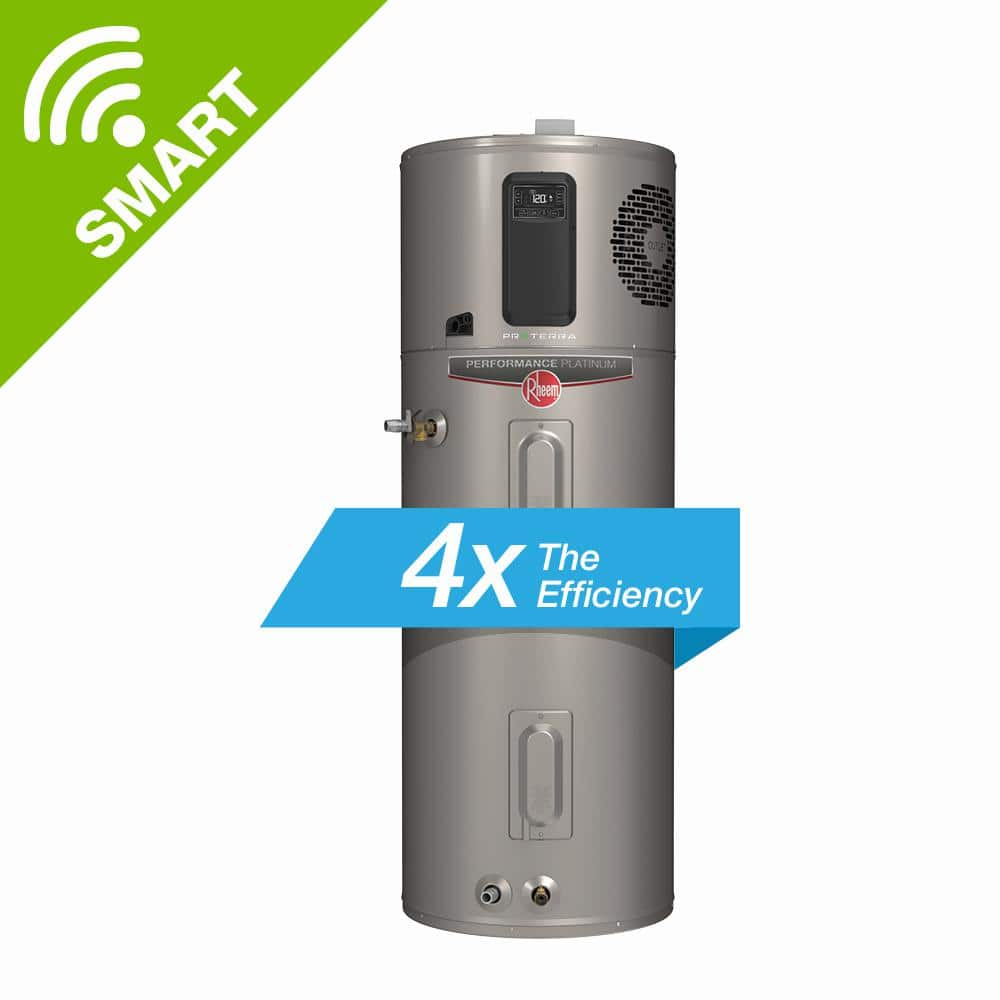For those of you with HPWH's already, using it in heat-pump only mode how do you find the recovery time? Our shower is a water hog-- something like 12 gallons per minute. Usually showers are very short (<3 minutes of running water), but some days they go longer and back-to-back showers are common.
Our current water heater setup is solar with a total of 240 gallons of storage, resistance backup heat on one of the two tanks that gets used maybe 10 days per year. (The house was built as an AirBnB and could hold 20 surfers.)
If I went with a HPWH the solar HW would need to go; I can fit 3.2kW of PV panels in the same space easily.
Our current water heater setup is solar with a total of 240 gallons of storage, resistance backup heat on one of the two tanks that gets used maybe 10 days per year. (The house was built as an AirBnB and could hold 20 surfers.)
If I went with a HPWH the solar HW would need to go; I can fit 3.2kW of PV panels in the same space easily.



